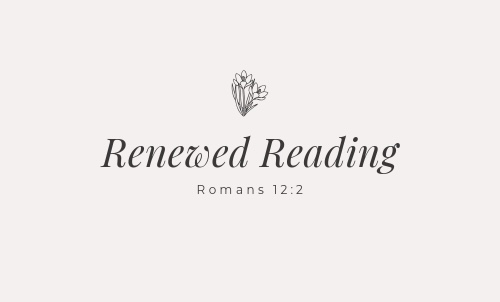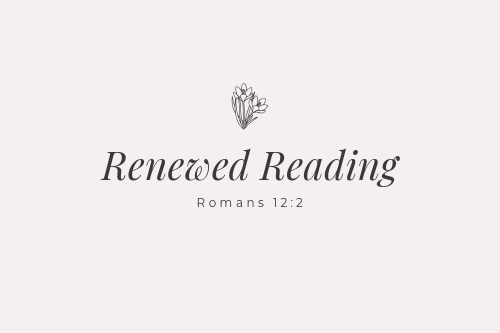When people ask me what I want to do after college, I always hesitate in my answer. For some, the association between journalism and religion doesn’t always go hand-in-hand. I’m not really sure why either. For me, at the fundamental core of who I am, Jesus lives. But, how much of that should be expressed in the articles that I write and things that I cover? I’d like to take a moment and express the reasons why I believe journalism isn’t nearly as far away from my religious beliefs as the surface story may tell. A closer look between the lines will tell a story for itself.
As journalists, we’re paid to get the story right. We tend to be gatekeepers of what dictates much of the social, political and spiritual realm of our society. We’re not necessarily people who command the opinion, but more like agenda-setters with what and how we write. We define, outline, contextualize and analyze what issues are to be discussed, but ultimately it’s the reader’s job to make an opinion on the facts given.
According to Robert Case in an address to the World Journalism Institute on Christian journalism, the journalist is supposed to act as a sentinel. He even claims journalists as “the constitutional ‘fourth estate’ (after executive, legislative and judicial), making sure the interests of the people are safeguarded.” And while Case brings an interesting analogy to the traditional watchdog approach, he also makes a valid point: journalists are given a very rare opportunity that few others get—a chance to give a voice to the voiceless, power to the powerless and bringing genuine stories of compassion, corruption or heroism to the surface for all to see.
Journalists aren’t required to tell the truth these days. The concept of yellow journalism has changed the landscape and scope of reporting. Today, it doesn’t take much effort to find an avenue to present libelous, uncensored information about an event, person or place in a public forum. Gossip magazines and websites do so constantly. The way of the truthful, hard-working journalist has gone by the wayside. The chauvinistic, character-driven, gentleman of the evening has turned into the lazy, easy afternoon date. That’s what our society has come to. But, truthful journalists that fact check material will tell you that true stories vehemently stand out on their own. Christian journalists have an obligation to tell the truthful story.
The Bible talks about the importance of truth often. In Ephesians 4:25, Paul specifically says, “Therefore each of you must put off falsehood and speak truthfully to his neighbor, for we are all members of one body.” We are compelled as Christians to speak the truth, even when it may not necessarily be the most popular thing for us to say or do—especially in journalism. We need to always be reminded that John 8:32 reassures us that truth will set us free.
What I am not saying is that non-Christians always lie or that Christians always tell the truth; we’re far from that. But what needs to be said, is that journalists must hold dear to their Christian ethics by reporting true statements credited by factual realities.
It’s important to note that being a truthful Christian journalist isn’t always easy. Being a Christian isn’t easy either. But for journalism, sometimes presenting a story without proper quotes or stretching truths to even the slightest extent make the story seem more appealing, plausible or understandable. In doing so, we compromise our religious values in the process.
As a Christian, I find my role in journalism to be vital. Whether to present a feature story, a news story or even an obituary, the importance of getting the story right is crucial to surviving in media. It gives me great pleasure to bring out the stories that matter most—to shine a light on stories that need to be told and to publish the voices of the voiceless. Journalism gives me an avenue to do such and I’m forever grateful for the opportunity that God has provided me.





